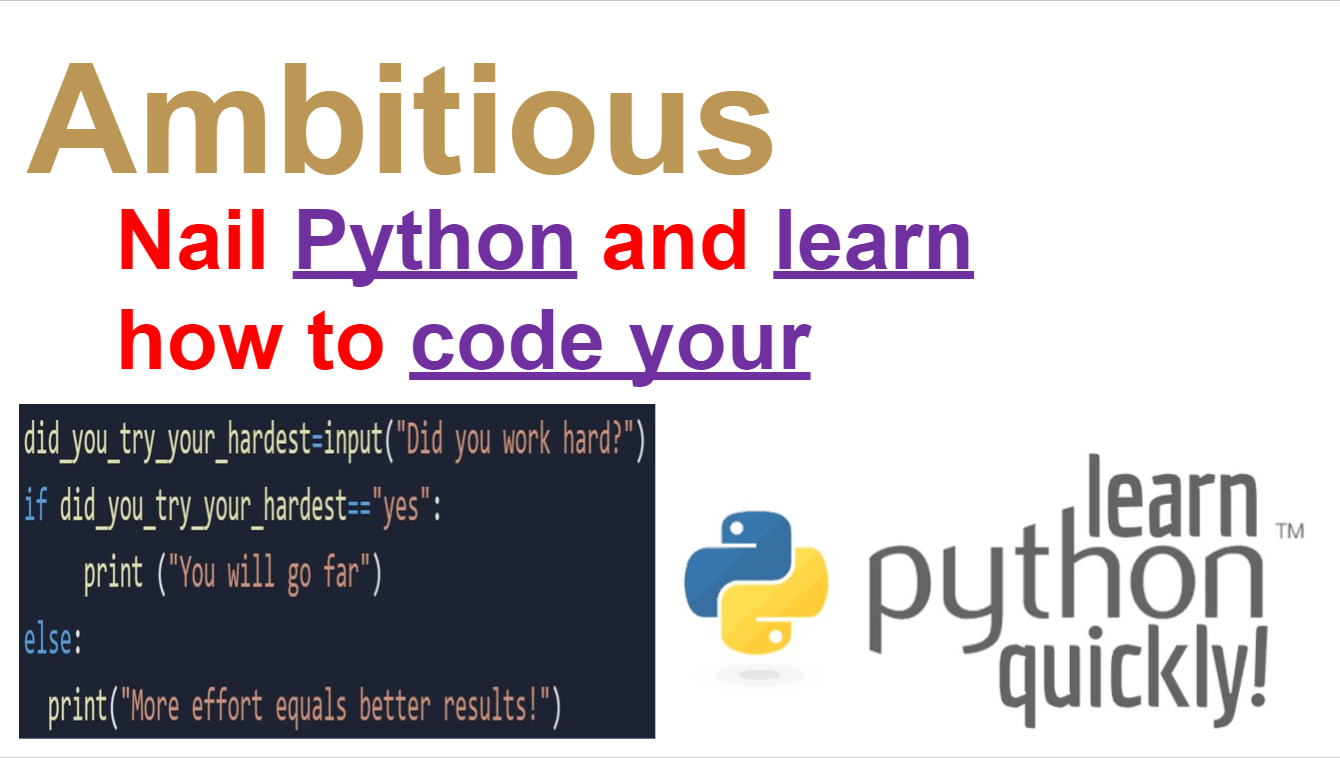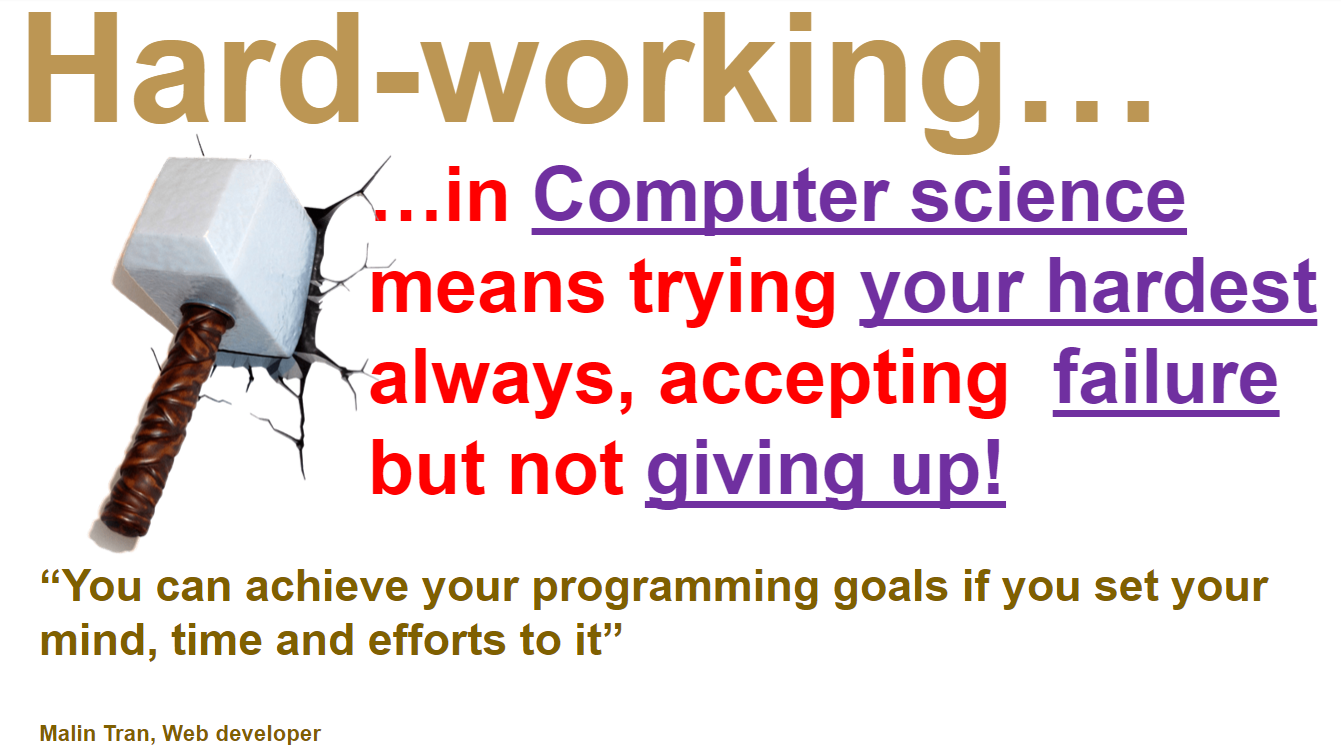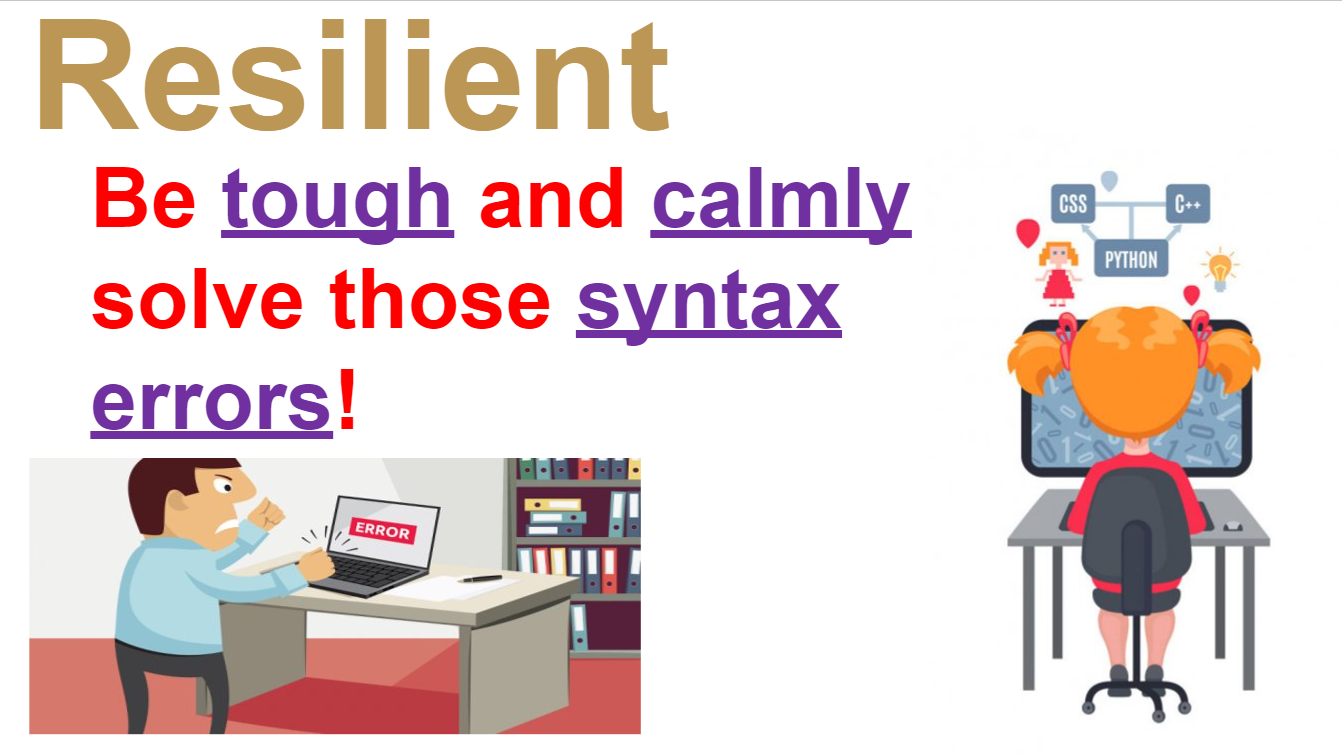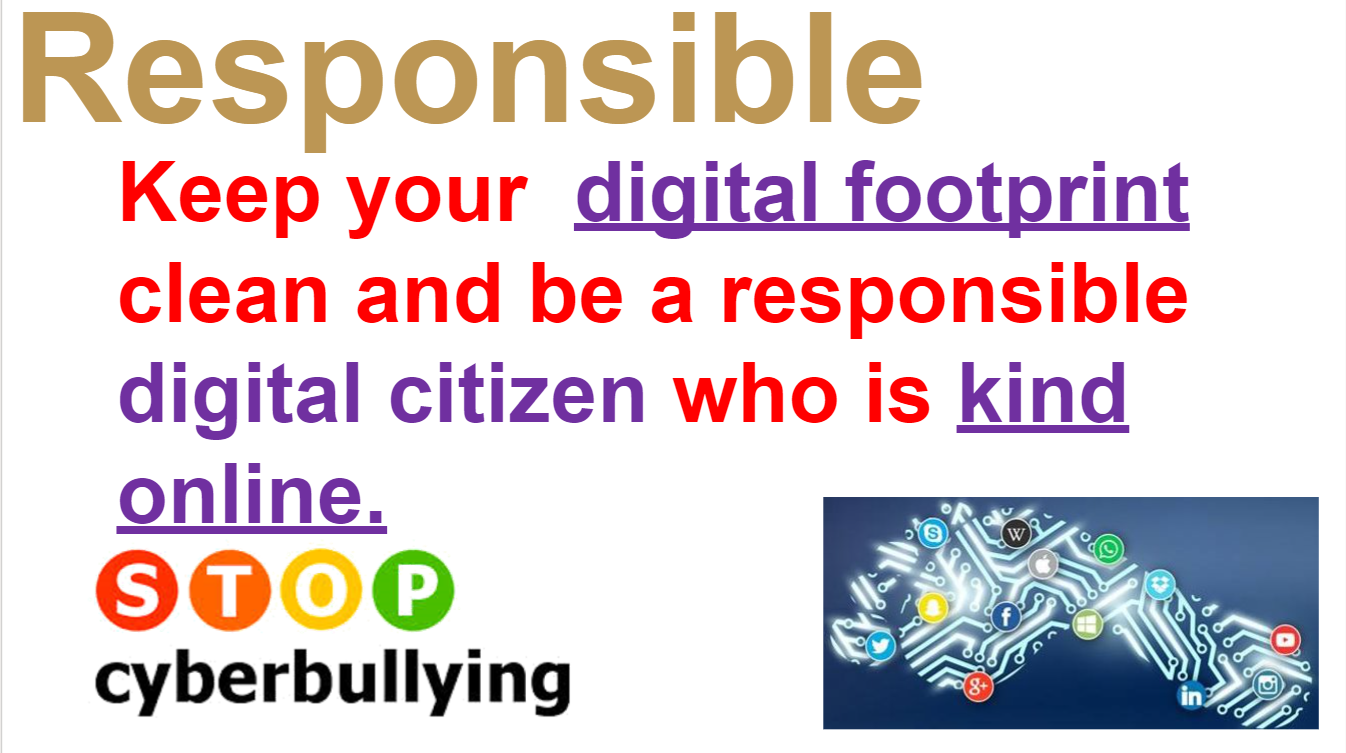Computer Science
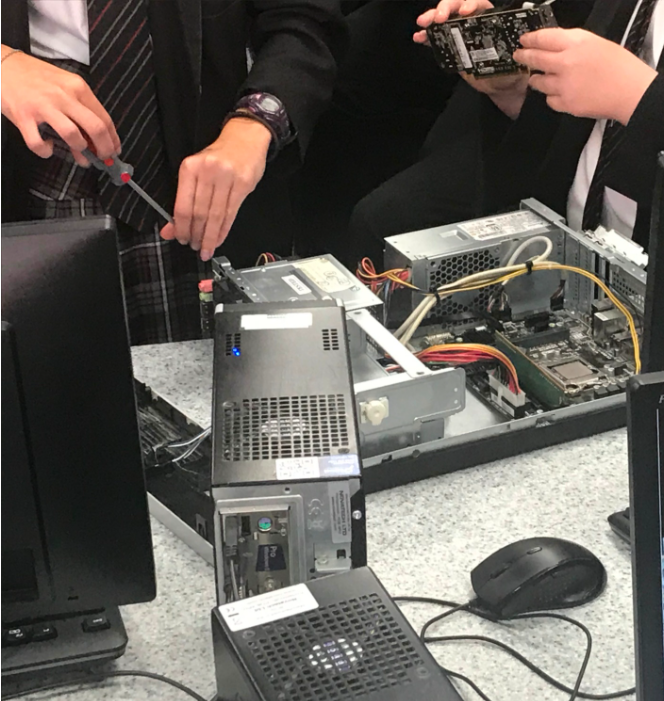 Our aim in the Computer Science Department is to give all students, of all abilities, the skills and opportunity to experience and use a range of exciting coding applications. We aim to provide them with the necessary knowledge and skills to use technological tools to find, explore, communicate and present information safely and responsibly.
Our aim in the Computer Science Department is to give all students, of all abilities, the skills and opportunity to experience and use a range of exciting coding applications. We aim to provide them with the necessary knowledge and skills to use technological tools to find, explore, communicate and present information safely and responsibly.
Our Computer Science curriculum is designed to prepare students to stand shoulder to shoulder with their peers - locally, nationally and globally. We prepare students for life as digital citizens, able to use and assess digital resources with an understanding of the principals underpinning them. Our broad curriculum is balanced and integrated, and is designed to inspire and challenge our students to enable them to become independent and ambitious learners.
The curriculum includes coding and computational thinking to develop hard-working, resilient and creative problem-solvers. As students progress through the spiral curriculum, they will gain a deeper understanding of the digital world and gain the confidence to explore and develop new technologies in preparation for their future careers, perhaps even for jobs that have not yet been invented.
|
|
|
|
|
|
KS3 Projects Overview
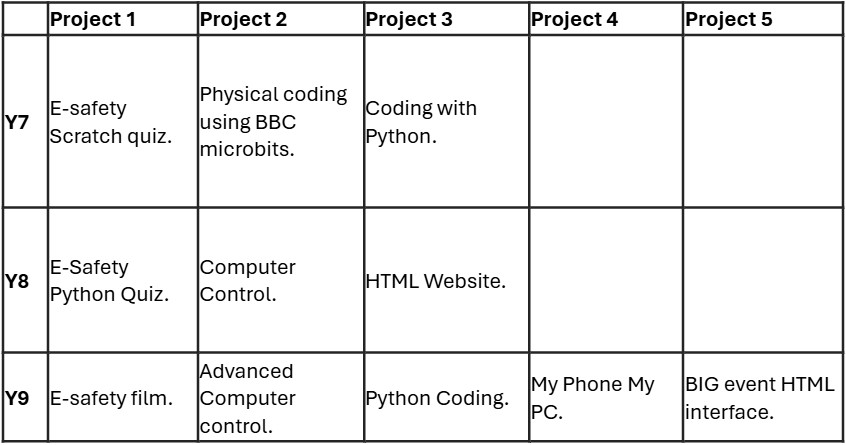
Python and coding skills remain the focus of Year 8. Students create an e-safety quiz (in Python) and explore the world of computer control using a flowchart and pseudocode approach to solving input, process and output challenges within Flowol. This is a dedicated piece of software bought to support these skills in topical scenarios. They then use html, our 2nd text-based language, to create a website. This introduces them to the concept of creating a digital product for purpose and audience, which is revisited in Y9.
Year 9 has 5 units to build on Y7 & Y8 experiences and to give as broad a taste as possible of the options at KS4.
Within Unit 1, students create a digital product which presents to a chosen audience about how to stay safe online. Unit 2 revisits and explores the world of computer control, using flowcharts and pseudocode to solve problems, allowing them to see that it is internationally acceptable to code in flowcharts, pseudocode or a high-level language. Unit 3 focusses on extending and developing Python skills ready for KS4 Computer Science. Unit 4 Explores the hardware of “My Phone” and is an engaging, topical and relevant way to explore and deliver hardware and data representation in a fun way. Unit 5 centres around students building on their html, web-based skills in order to create a touch screen interactive product for a big event; purpose and audience a strong focus.

